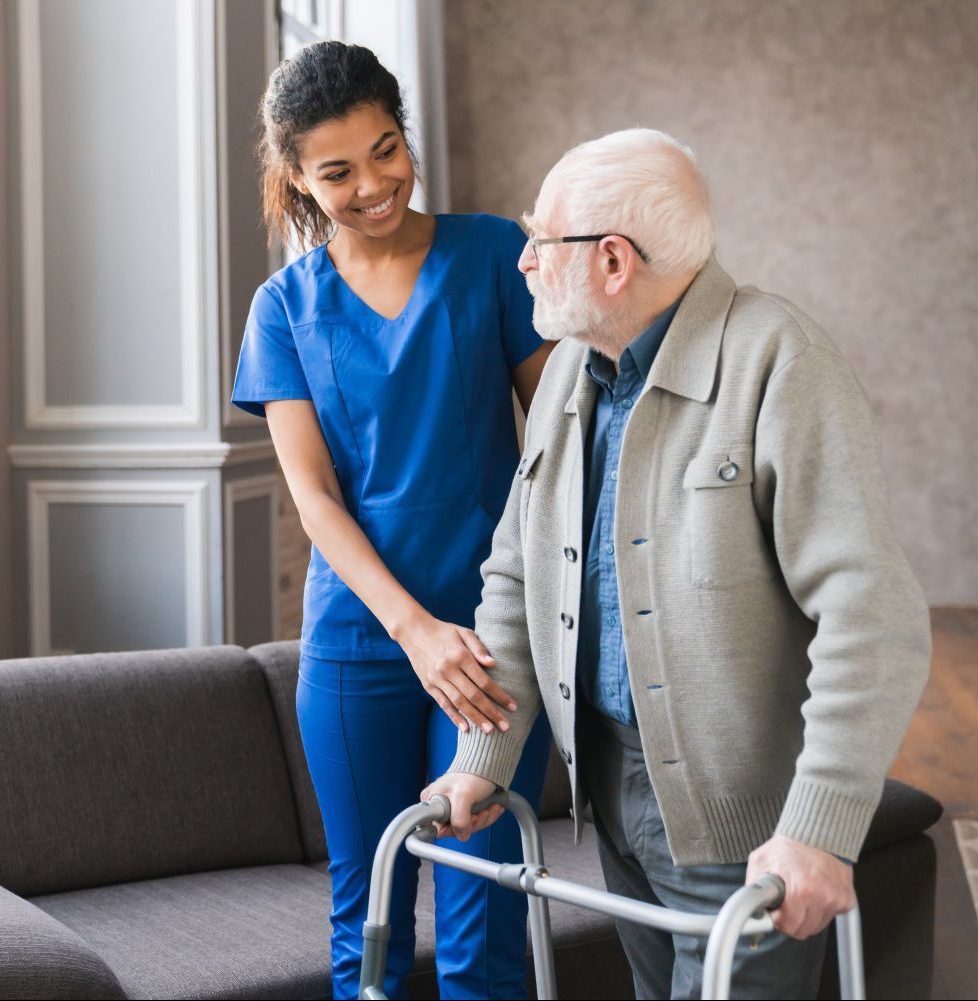If you’ve visited central Broadmeadows recently, you might have noticed it’s more orange than usual. Orange signs have appeared on schools, shopfronts, and even the footpaths, carrying messages about respect and gender equality.
Orange is the colour of 16 Days of Activism Against Gender-Based Violence, a campaign delivered in Broadmeadows through a close partnership between DPV Health and Hume City Council.
“DPV Health is absolutely committed to ending the scourge of family violence in our community,” explained CEO Don Tidbury.
The DPV Health team created and installed banners, signs and stickers, and distributed flyers explaining how to challenge harmful attitudes and behaviours, and how to get help if needed. The flyers, sent to 21,000 homes in the Hume local government area, were translated into three community languages – Arabic, Turkish, and Punjabi.
Furthermore, DPV Health shared online resources for victim-survivors of gender-based violence, information about the importance of consent, and suggestions for how to intervene if you witness violence or negative stereotyping.
Participating in the 16 Days of Activism campaign is just one way that DPV Health fights gender-based violence. The organisation also offers a Men’s Behaviour Change Program and has a partnership with Orange Door, which runs family violence services.
“Our organisation is expanding its services and workforce to help end family violence across northern Melbourne,” Mr Tidbury said.
During the 16 Days, Hume City Council delivered a series of remote and virtual events, including a Walk Against Violence. “We are completely committed to ending gender-based violence in this city, changing attitudes and behaviours,” said Mayor Cr Haweil, “and Hume City Council is a strong partner with anybody in this regard.” He added, “Hume City Council’s Safe in Hume Community Safety Plan sets a range of metrics and goals for ending gender-based violence in our city and creating a safe environment.”
16 Days of Activism Against Gender-Based Violence is an annual international campaign that runs from 25 November to 10 December. According to Australia’s National Research Organisation for Women’s Safety, violence from a current or former partner is the leading preventable contributor to death, illness, and disability for Victorian women aged 15–44 years.
For more information on preventing violence against women, and on support services and resources, visit www.dpvhealth.org.au/respect.
Media Contact
For media enquiries, contact Rick Jackson Executive Manager Client Experience & Community Engagement on 0448 998 079 or Rick.Jackson@dpvhealth.org.au
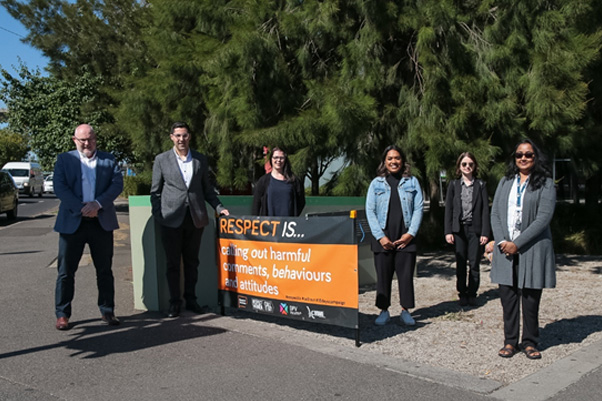
Hume City Council Mayor Joseph Haweil, DPV Health CEO Don Tidbury, and members of the DPV Health team with a sign marking 16 Days of Activism Against Gender-Based Violence.
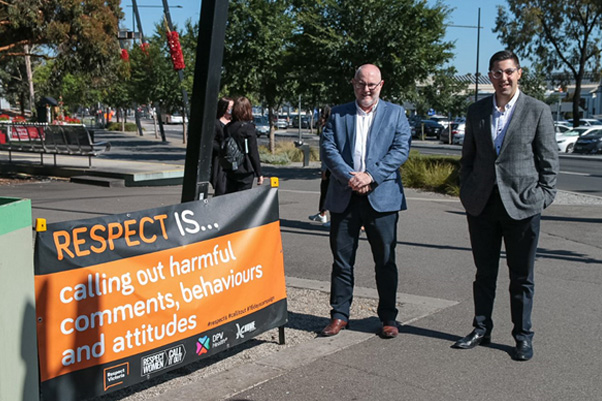
Hume City Council Mayor Joseph Haweil and DPV Health CEO Don Tidbury with a sign promoting respect for women in Central Broadmeadows.
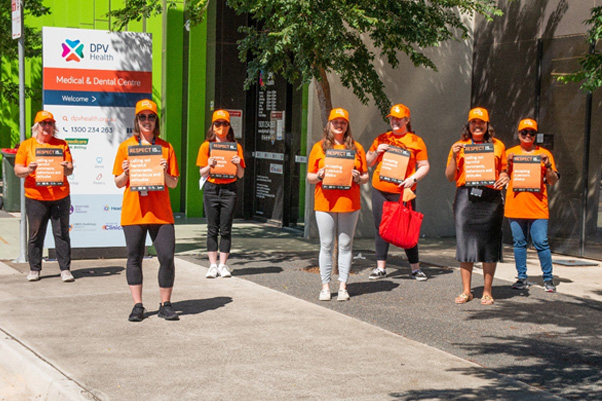
The DPV Health team preparing to place stickers in central Broadmeadows to mark 16 Days of Activism Against Gender-Based Violence.
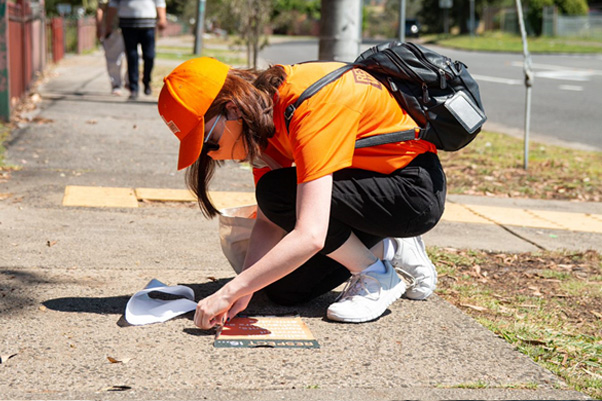
A member of the DPV Health team installs footpath stickers in central Broadmeadows to mark 16 Days of Activism.
DPV Health is a not-for-profit organisation that offers exceptional health, disability and social services to people of all ages across the cities of Hume and Whittlesea. As one of Victoria’s largest & most comprehensive community health organisations, DPV Health provides an extensive range of medical, dental, allied health, paediatric, disability, mental health and programs to support vulnerable people.


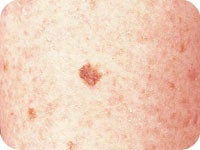
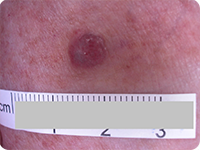
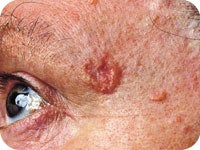
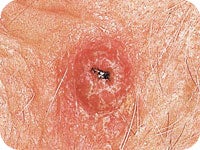
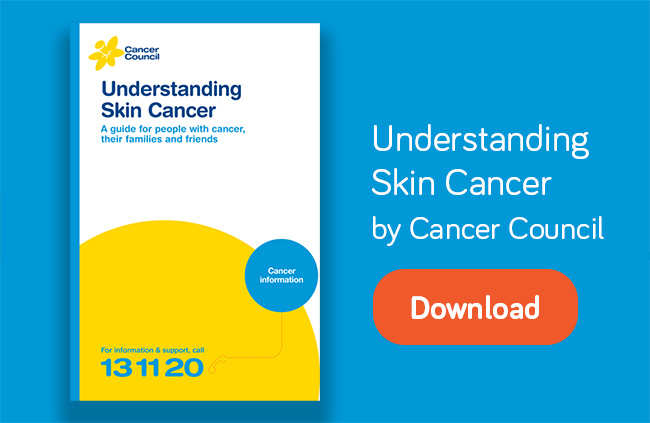
 Language
Language
